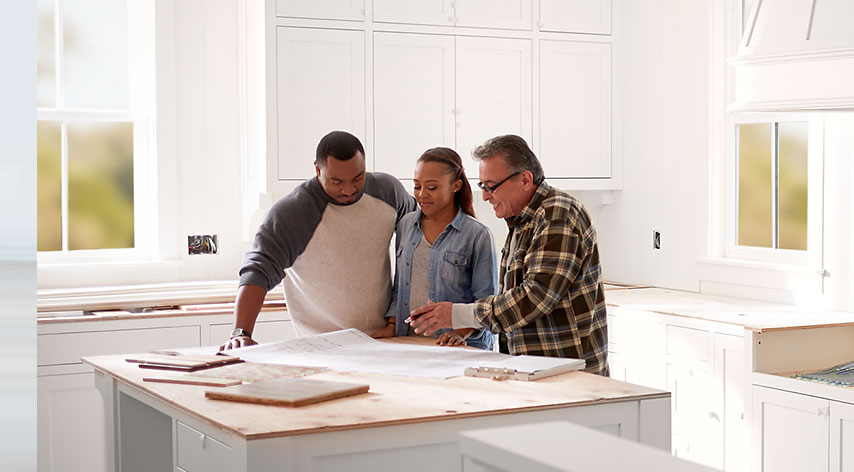When it comes to financing home improvement projects, one of the key factors to consider is the home improvement loans rates. These rates determine the cost of borrowing and can have a significant impact on the overall affordability of your project. In this article, we’ll explore everything you need to know about home improvement loans rates, how they work, https://blackcockshock.com/ and how to secure the best rates for your project.
Understanding Home Improvement Loans Rates
1. What Are Home Improvement Loans Rates?
Home improvement loans rates refer to the interest rates charged on loans specifically designed for financing home improvement projects. These rates can vary depending on factors such as the lender, the borrower’s creditworthiness, and the loan term.
2. Types of Home Improvement Loans Rates
a. Fixed-Rate Loans:
- Fixed-rate home improvement loans come with a consistent interest rate that remains the same throughout the loan term. This provides stability and predictability, as borrowers know exactly how much their monthly payments will be.
- These loans are ideal for borrowers who prefer certainty and want to lock in a rate that won’t change over time.
b. Variable-Rate Loans:
- Variable-rate home improvement loans, also known as adjustable-rate loans, come with an interest rate that can fluctuate over time based on market conditions.
- While initial rates may be lower than fixed-rate loans, borrowers run the risk of facing higher rates in the future if interest rates rise.
- These loans are suitable for borrowers who are comfortable with potential rate fluctuations and want to take advantage of lower initial rates.
3. Factors Affecting Home Improvement Loans Rates
a. Credit Score:
- A borrower’s credit score plays a crucial role in determining the interest rate they qualify for. Generally, borrowers with higher credit scores are eligible for lower rates, while those with lower scores may face higher rates.
b. Loan Amount and Term:
- The loan amount and term also impact home improvement loans rates. Larger loan amounts or longer terms may result in higher rates, as lenders perceive them as higher risk.
c. Lender Policies:
- Each lender sets its own policies and criteria for determining interest rates. Shopping around and comparing offers from multiple lenders can help borrowers find the most competitive rates.
Tips for Securing the Best Home Improvement Loans Rates
1. Improve Your Credit Score:
- Before applying for a home improvement loan, take steps to improve your credit score by paying off debts, correcting errors on your credit report, and making timely payments.
2. Shop Around:
- Don’t settle for the first loan offer you receive. Take the time to compare rates and terms from multiple lenders to ensure you’re getting the best deal.
3. Consider Your Options:
- Evaluate both fixed-rate and variable-rate loan options to determine which type of loan best suits your needs and preferences.
4. Negotiate:
- Don’t be afraid to negotiate with lenders to secure better terms. Many lenders are willing to negotiate on interest rates and fees, especially for borrowers with strong credit.
5. Use Collateral:
- Offering collateral, such as home equity or valuable assets, can help borrowers secure lower interest rates on their home improvement loans.
Conclusion
Home improvement loans rates play a crucial role in the affordability of financing your home improvement projects.



